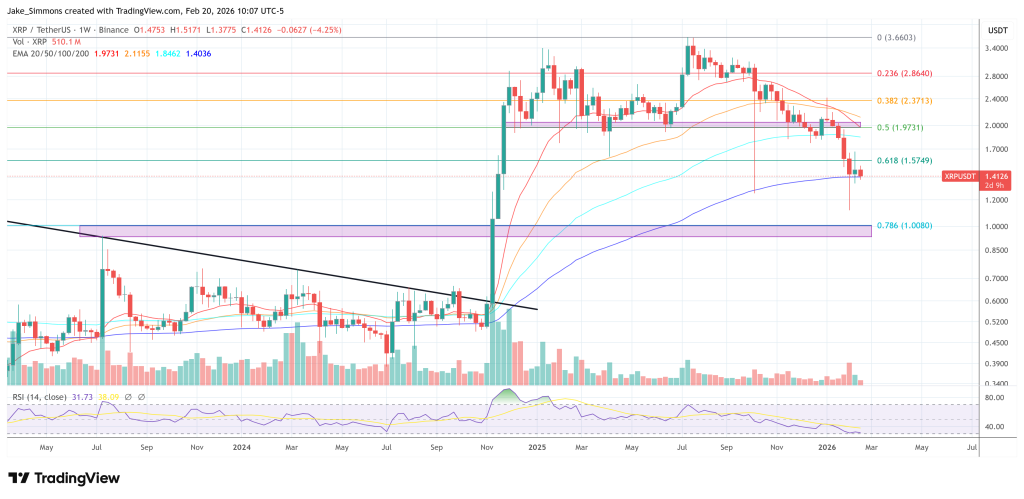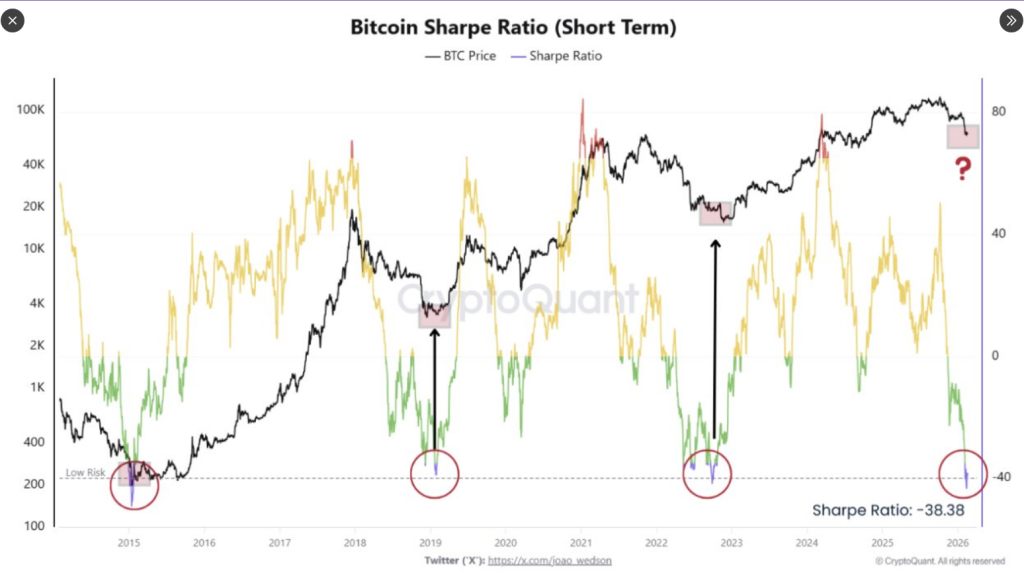
Understanding the Proof Of Importance (POI) Within a Business Ecosystem
Proof-of-Importance (PoI) is a ledger related consensus mechanism that is important in the trust chain ecosystem. PoI reward users who are actively transacting on the network, gradually building on proof-of-stake. With PoI, nodes are required to vest a certain amount of currency to be qualified to construct blocks and are chosen to produce a block approximately infraction to a score equating their donation to the network.
In Proof-of-Stake, this score is the total vested amount, but, in PoI, the total score is inclusive of more variables. The calculations use the mathematics of network clustering and page ranking. At a higher pedestal, the primary inputs are:
Total transfers: how much has been ‘spent’ in the past 30 days, with the most recent transactions being given more preference.
Currency vested: how much currency was vested for purposes of creating blocks.
Cluster nodes: the accounts that are a segment of interconnected clusters of activity are given more weight than outliers or hubs (which just connect clusters but are not connected to them).
The significance score is calculated to tackle two primary criticisms of proof-of-stake. Some critics believe that proof-of-stake concentrates wealth otherwise discouraging transactions since users can simply hoard as many coins as possible and collect the rewards from block creation. The importance score means that hoarding will result in a lower score while spreading XEM around will increase it; being a merchant pays better than having a hoarding.
Then the second risk comes with the problem of nothing at stake. The process of block creation does not cost any resources within a proof of stake consensus mechanism. Whenever there is the availability of a fork, one can easily create blocks on the fork of the chain. The importance score of Proof of Importance is dynamic and also depends on the network activity.




